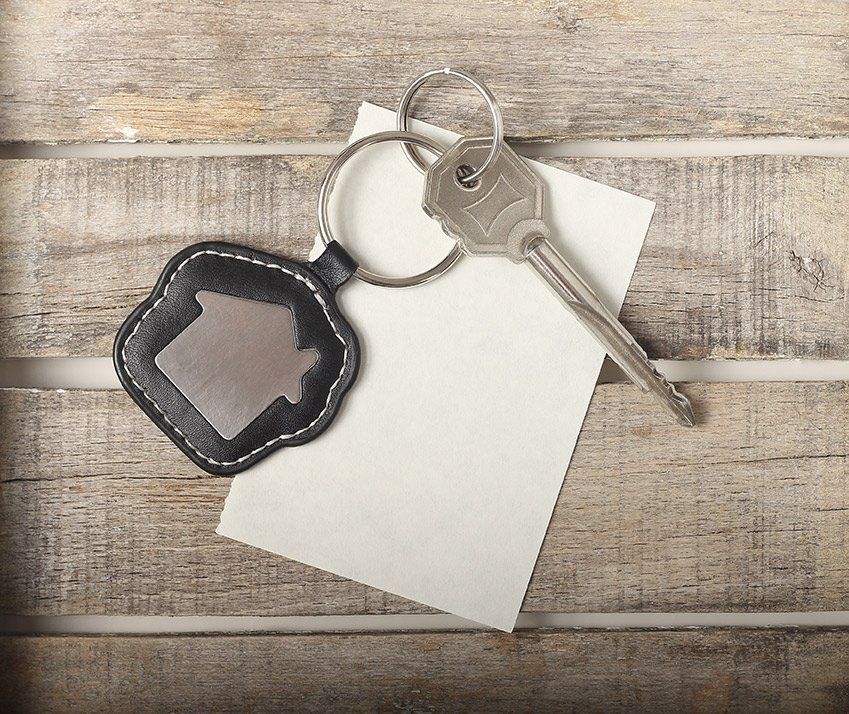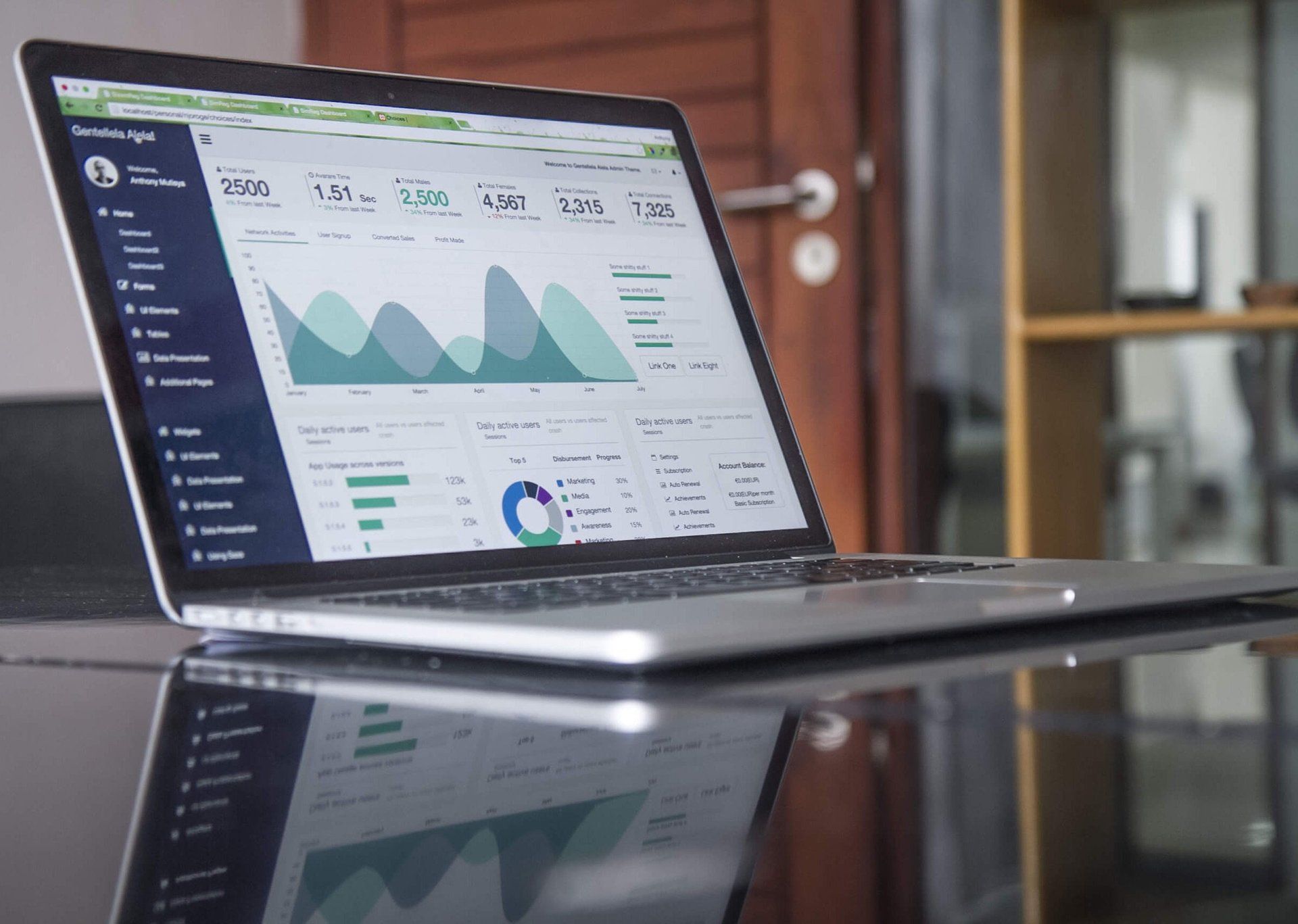
How to decide before you buy something
"Your money is burning a hole in your pocket." That's a phrase my mother used to use. It's another way of saying, sometimes we just feel like buying something! And, we've all felt like that at some time or another. We're down at the mall and we see something we'd like. We say to ourselves, "I've got to have that, and it only costs..."
The reality is this, every time we purchase anything it impinges on our future lifestyle and living standard. That's why we need to pause and ask ourselves a few searching questions before we pull out our eft-pos card.
Here's Futurisk's five questions to ask before you buy anything:
ONE: Do I really need this?
Impulse buying can quickly lead to regret, especially when a credit card is used. While there's nothing wrong with buying the occasional luxury, we need to ensure those purchases are within our budget.
The best thing to do is set aside some money for those treat-type items, and stick to your budget no matter what!
TWO: If I buy this, will I go into debt?
The answer to this question is always, "yes," unless you're buying with cash, eft-pos or debit card, or you can clear your credit card before the next due date.
New Zealand is facing a debt crisis and this is the number one way ordinary New Zealanders get themselves into trouble with their personal finances;we overspend on our credit cards. It only takes a small luxury here and another small one there, and before you know it - you're struggling to repay your credit card debt. The simple rule is - avoid going into debt
THREE: What will this item really cost me?
If ever you decide to buy something on credit, the first question you should ask it this: "What will this actually cost me?"
Recently I saw a lap-top that I'd quite like. It cost around $1,000. But there was a deal - the store said I could have it for just $10 a week spread over three years. $10 a week didn't seem much, until I worked it out. Spread over three years, $10 a week is a lot more than $1,000 - it's $1,560! You see what I mean? It wasn't such a great deal after all. I was paying one and a half times what the lap-top would have cost if I paid cash.
Avoid purchasing anything on credit, but if you do, calculate the actual cost of the item - it may make you change your mind!
FOUR: What can't I have if I buy this?
We all have a limited amount of money to spend. That means, when we spend money on one item, we have to go without something else.
So, before you buy anything ask yourself, "What is it that I won't be able to afford to buy?"
Then ask which of those items you'd rather have.
Remember this, if we buy a luxury item with cash, but then have to put our weekly groceries or petrol on our credit card, we have, in effect, gone into debt for that luxury item.
FIVE: Will buying this item blow my budget?
This question is like a summary question of the previous four. Living without a budget is
dangerous for our personal finances. But a budget is only worth anything if we stick to it. So, if you don't have the available money to buy that treat, put off buying it until you do, it could save a lot of heartache in the long term.
If you'd like any advice on your personal or business finances, contact the team at Futurisk.

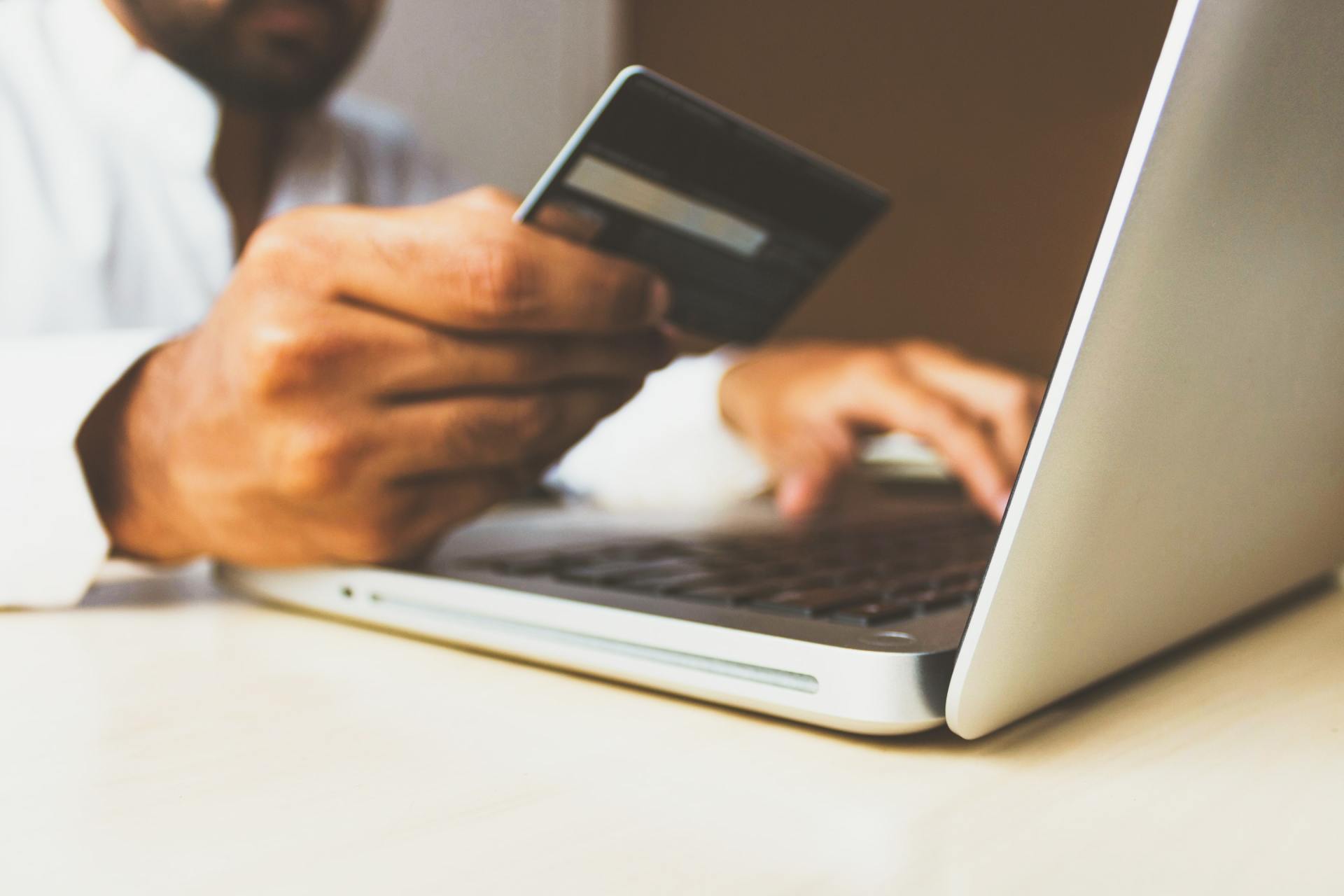


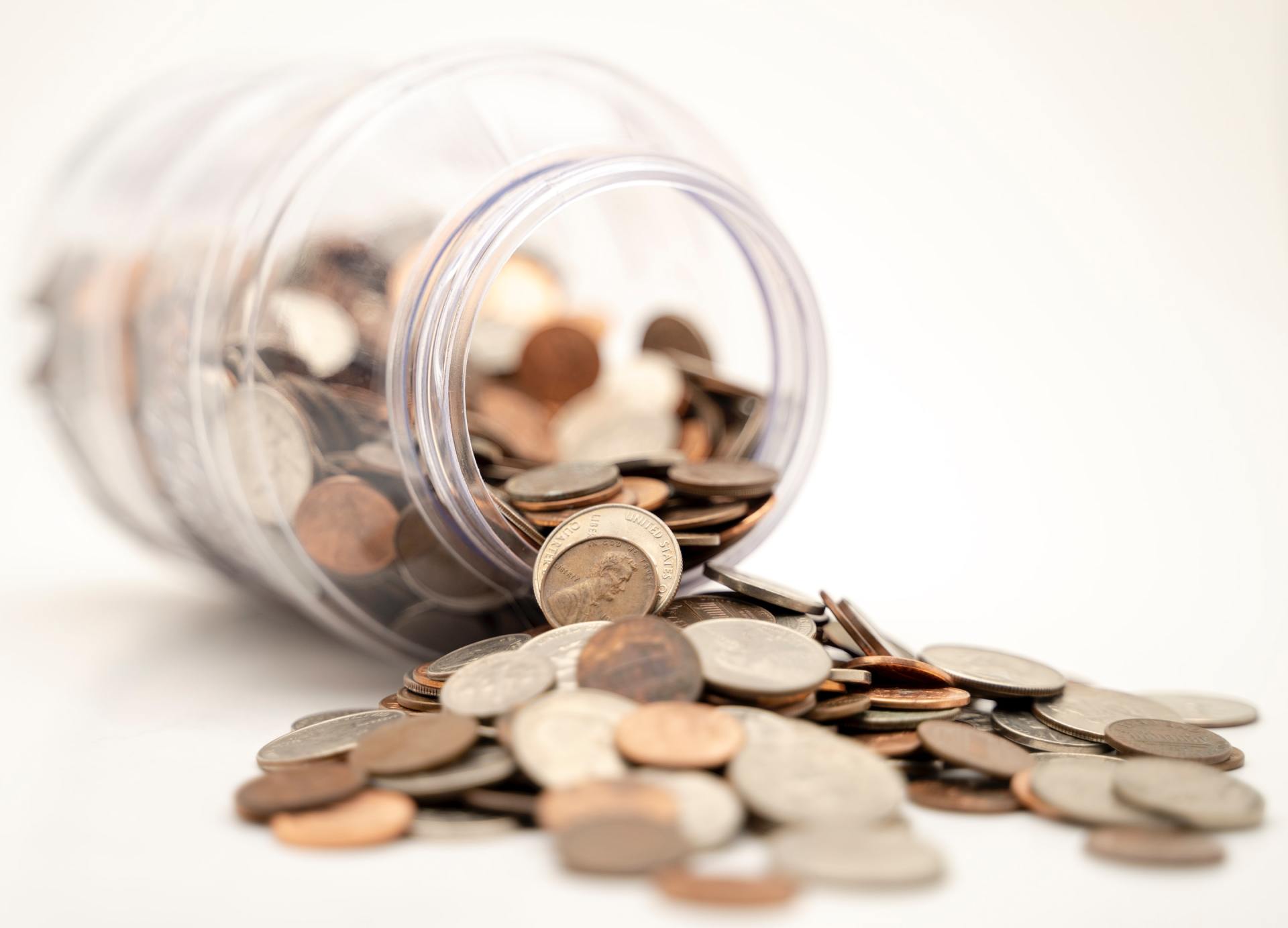
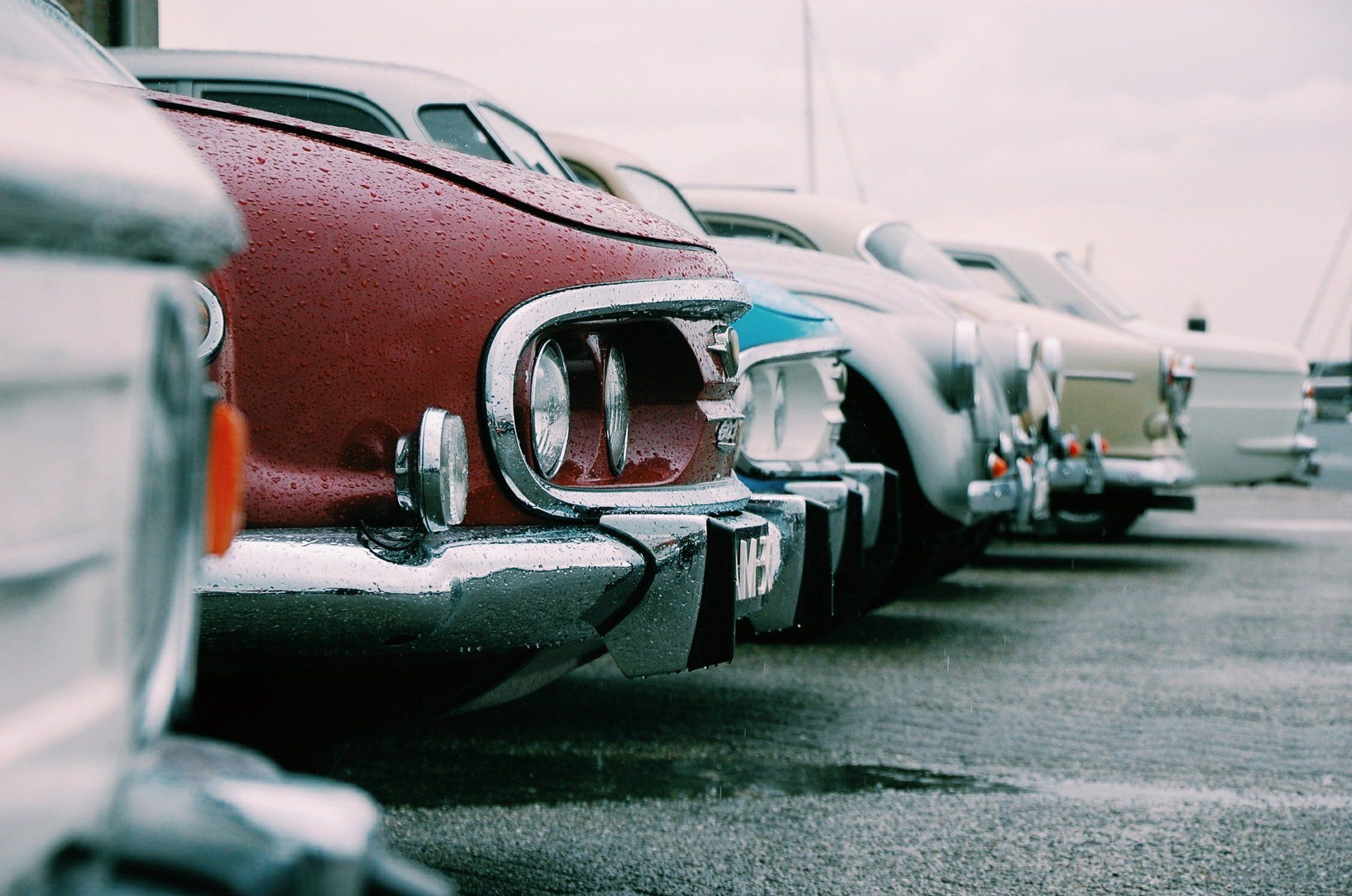
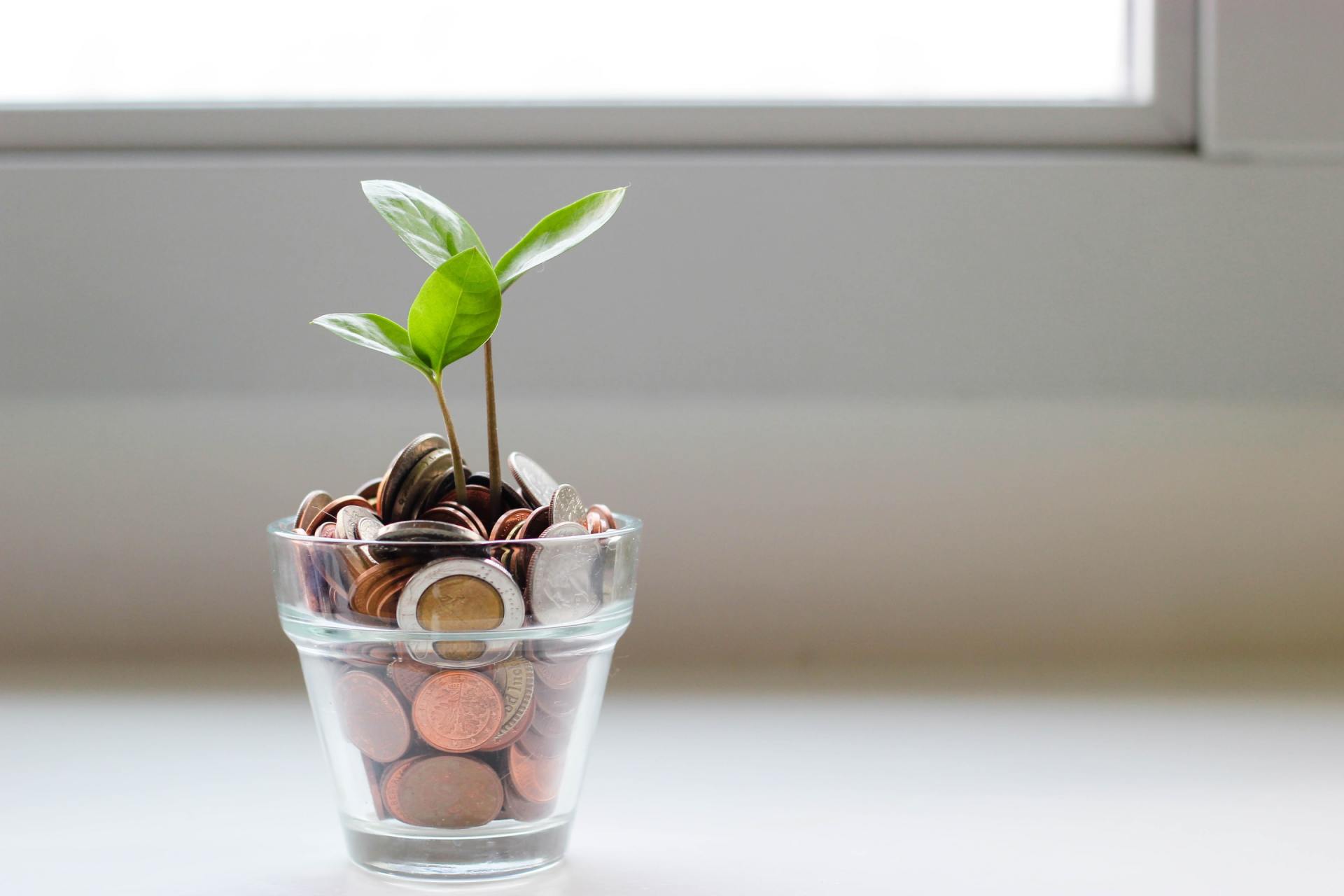
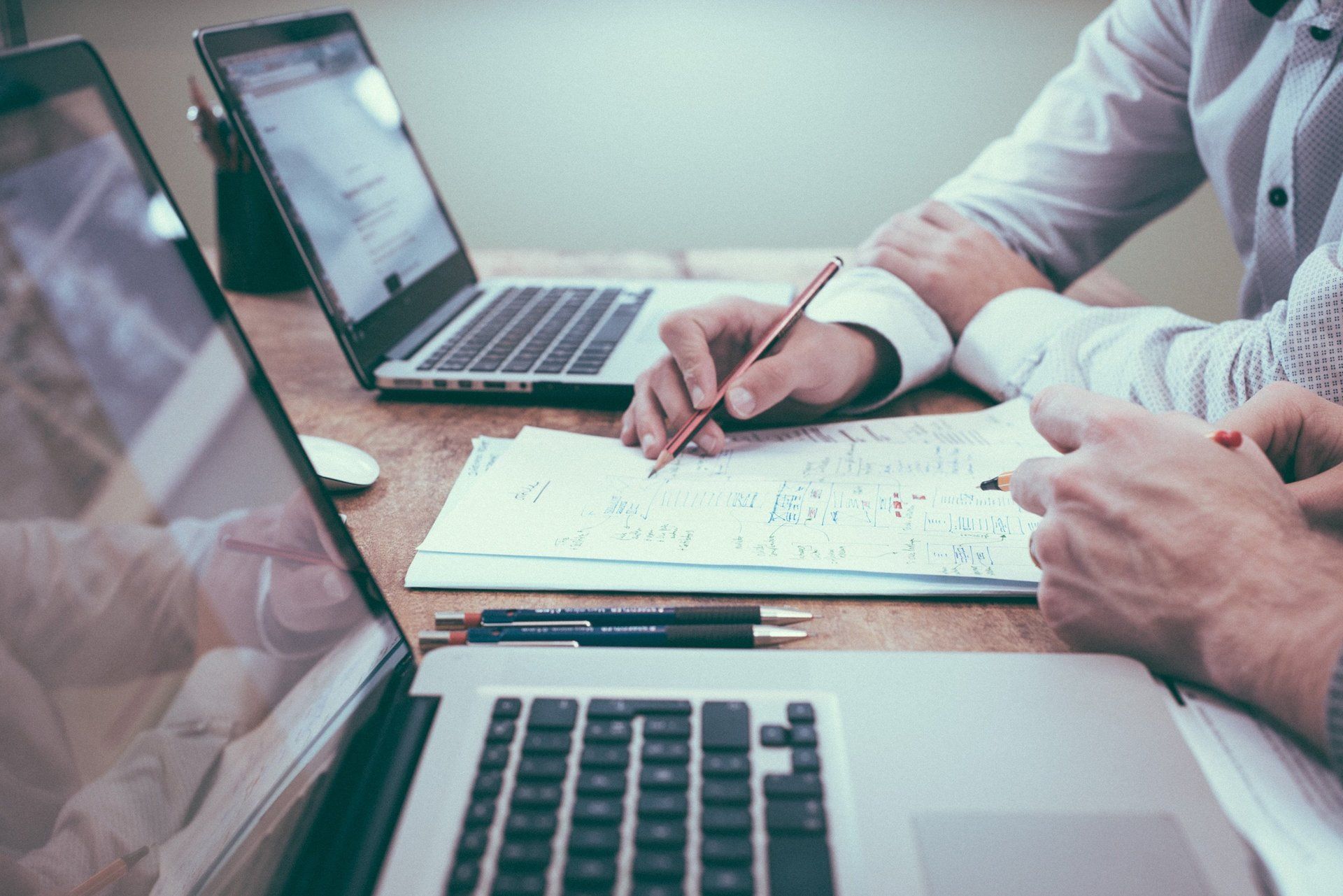


ANZ

AIA

NIB

Partnerslife

Southern Cross

Perpetual Guardian

Westpac

Vero

FANZ
Freephone: 0800 17 18 19 or
Freephone:
0800 17 18 19
or
Under the new financial advice regime rolled out on 15th March 2021, we are required to provide publicly available information on our company. Click here for our company information.

